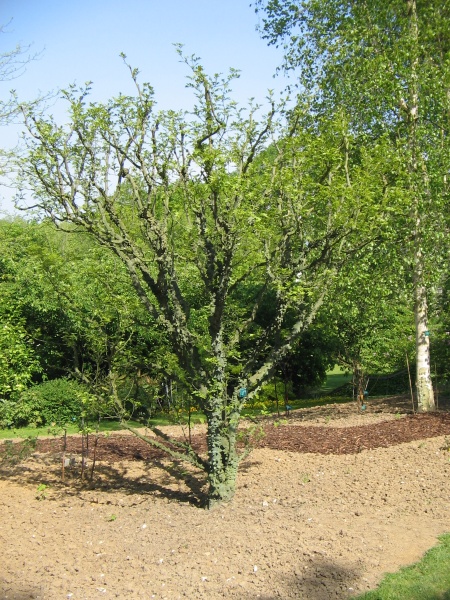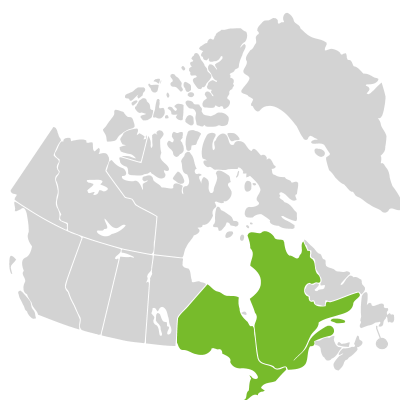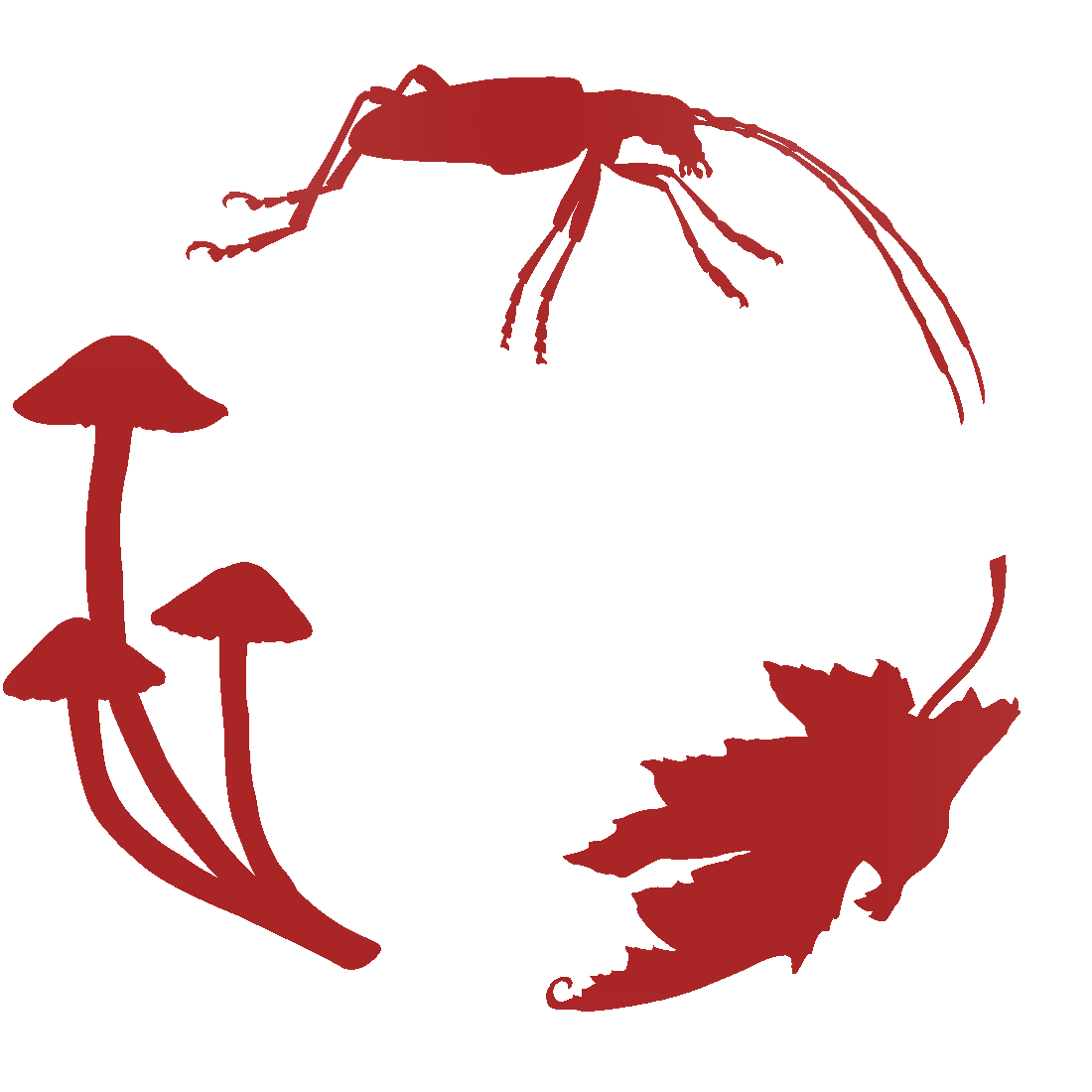
Source: Meneerke Bloem
Zanthoxylum americanum
Northern Prickly Ash
Clavalier d'Amérique
Synonyms
American prickly-ash
common prickly-ash
toothache tree
frêne épineux
No seeds available for this plant.
We currently accept seeds for this plant
Bloom Colour: Yellow
Bloom Period: Apr - Apr
Max Height: 20.0 feet
Max Width: 15.0 feet (spreads by rhizome)
Light Condition:
 More than 6 hours of direct sun a day
More than 6 hours of direct sun a day
 More than 2 or 3 hours but less than 6 hours of direct sun a day
Soil conditions:
More than 2 or 3 hours but less than 6 hours of direct sun a day
Soil conditions:
 Tolerates medium soil condition
Tolerates medium soil condition
 More than 6 hours of direct sun a day
More than 6 hours of direct sun a day
 More than 2 or 3 hours but less than 6 hours of direct sun a day
More than 2 or 3 hours but less than 6 hours of direct sun a day
 Tolerates medium soil condition
Tolerates medium soil condition
Lifespan:
Perennial
plants that will that come back year after year
Plant is
dioecious
Need a male and female plant to produce seeds
Gardener Experience:
 Self-seeding
Self-seeding
 Self-seeding
Self-seeding
Landscape Uses:
 Suitable for rock gardens
Suitable for rock gardens
 Can be used as a hedge
Can be used as a hedge
 Suitable for rock gardens
Suitable for rock gardens
 Can be used as a hedge
Can be used as a hedge
Ecological Benefits:
No ecological benefits information available.
Tolerates:
 Tolerates drought conditions
Tolerates drought conditions
 Tolerates limestone conditions
Tolerates limestone conditions
 Tolerates drought conditions
Tolerates drought conditions
 Tolerates limestone conditions
Tolerates limestone conditions
Special Features and Considerations:
 This plant causes skin rashes
This plant causes skin rashes
 This plant causes skin rashes
This plant causes skin rashes
Plant Location
Native to Ottawa region: Yes
Distribution according to VASCAN

Ephemeral
Native
Introduced
Excluded
Extirpated
Doubtful
Absent
Thrives in Ecozones
- Boreal Shield
- Mixed Wood Plains
Ecological Benefits
Butterflies Supported by Zanthoxylum americanum
- Papilio cresphontes (Giant swallowtail)
Specialized Bees Supported by Zanthoxylum americanum
No bee data available for this plant.
Plants that grow in similar conditions, that bloom at the same time.
Complementary Plants
- No complementary plants found.
Substitute For Non-Native Plants
- Rhamnus cathartica (Common Buckthorn)
- Rhamnus frangula (Glossy Buckthorn)
- Elaeagnus angustifolia (Russian Olive)
- Elaeagnus umbellata (Autumn Olive)
- Impatiens glandulifera (Himalayan Balsam)
Sowing Information
Download Seed Envelope Labels (PDF)
- Sowing depth: Sow just below surface
- Sow by December
- Stratification duration: 120 days
- Self-seeding
- Notes: Soak for 24h.
Harvesting and Seed Sharing
- Harvest start month: August
- Harvesting indicator:
- Berries are ripen and easily fall off or have fallen off
- Harvesting:
- Squeeze berries to extract seeds, wash with soapy water, rinse throroughly
- Seed viability test:
- No test needed before donating
- Packaging measure: Six (6) seeds (eyeball)
- Seed storage:
- Air dry in paper bag or open container, for a few days until crisp
- Shake seeds to move them once in a while to prevent molding
- Cultivar: No, you can donate without knowing the source as there are only straight species
- No harvesting video available at this time.
Toxicity Notes
Inadequate information on toxicity found.


 Canadensis
Canadensis
